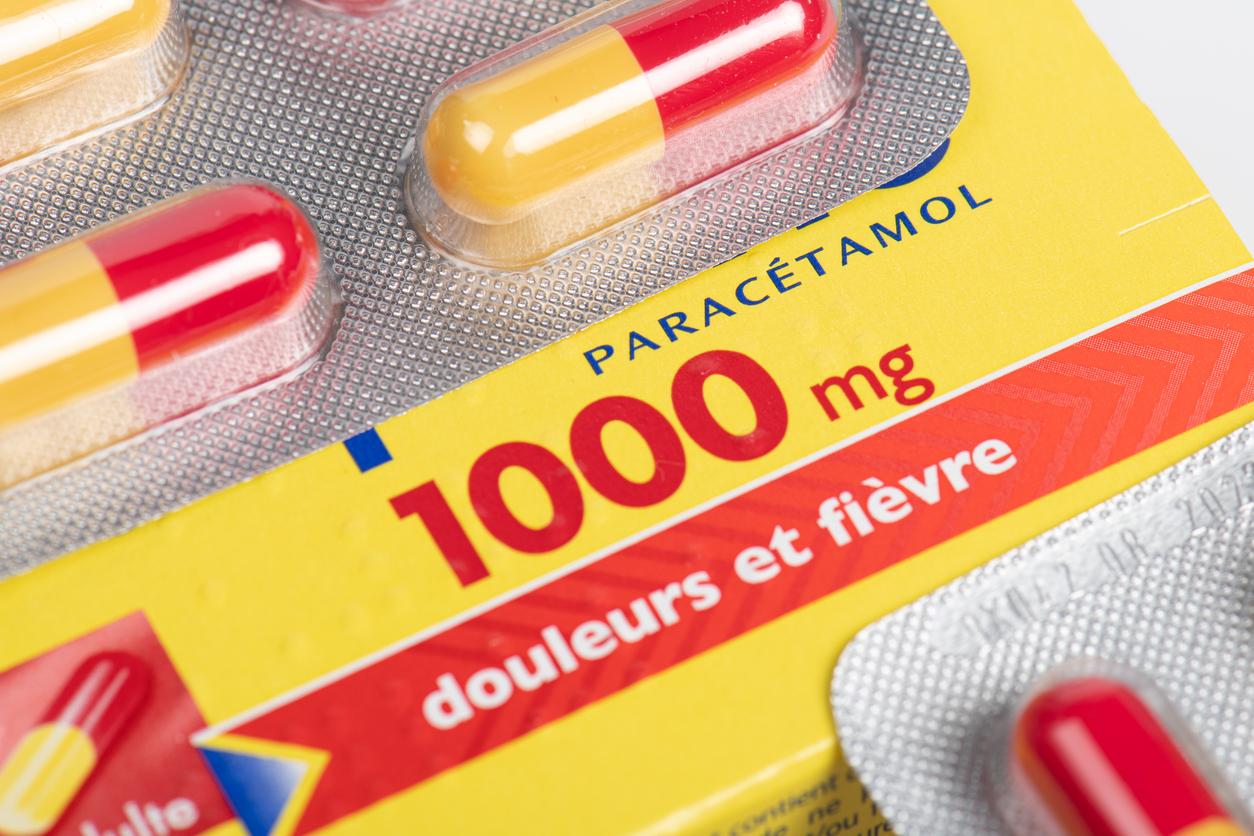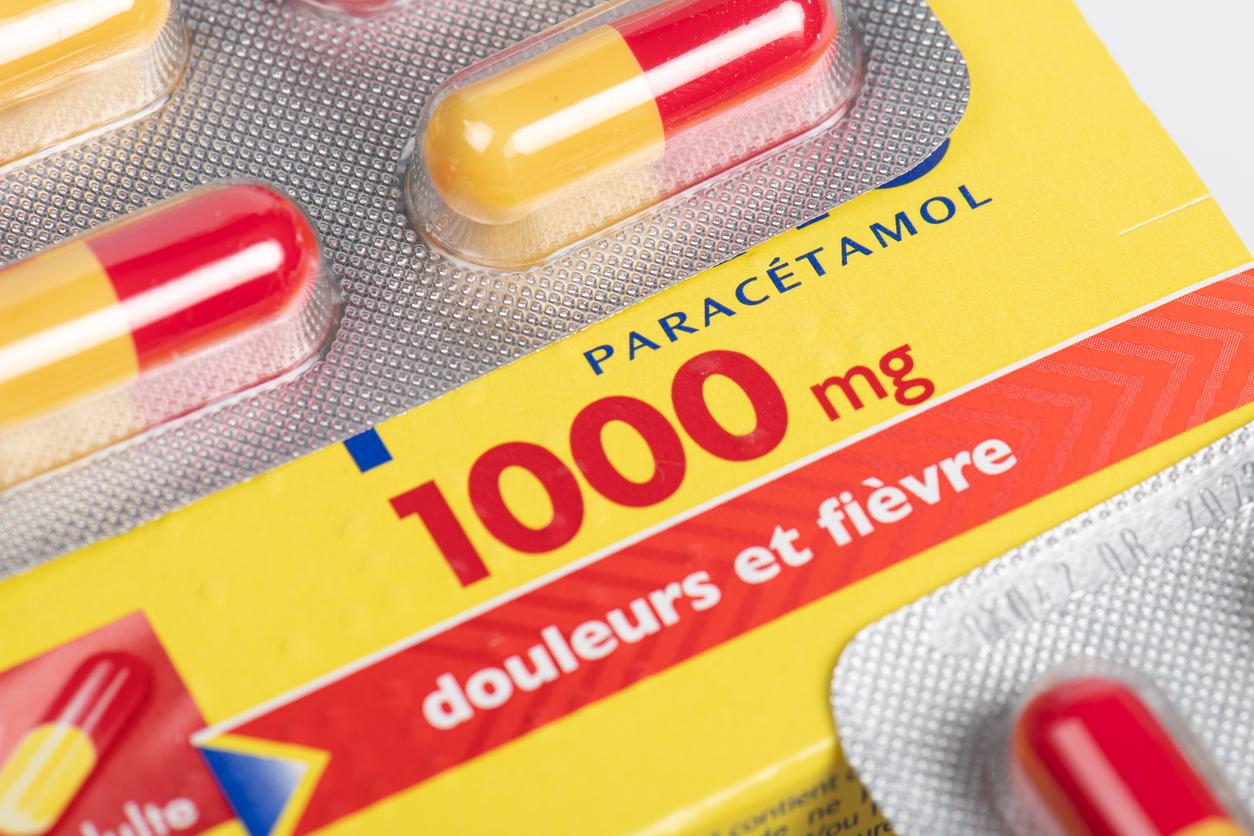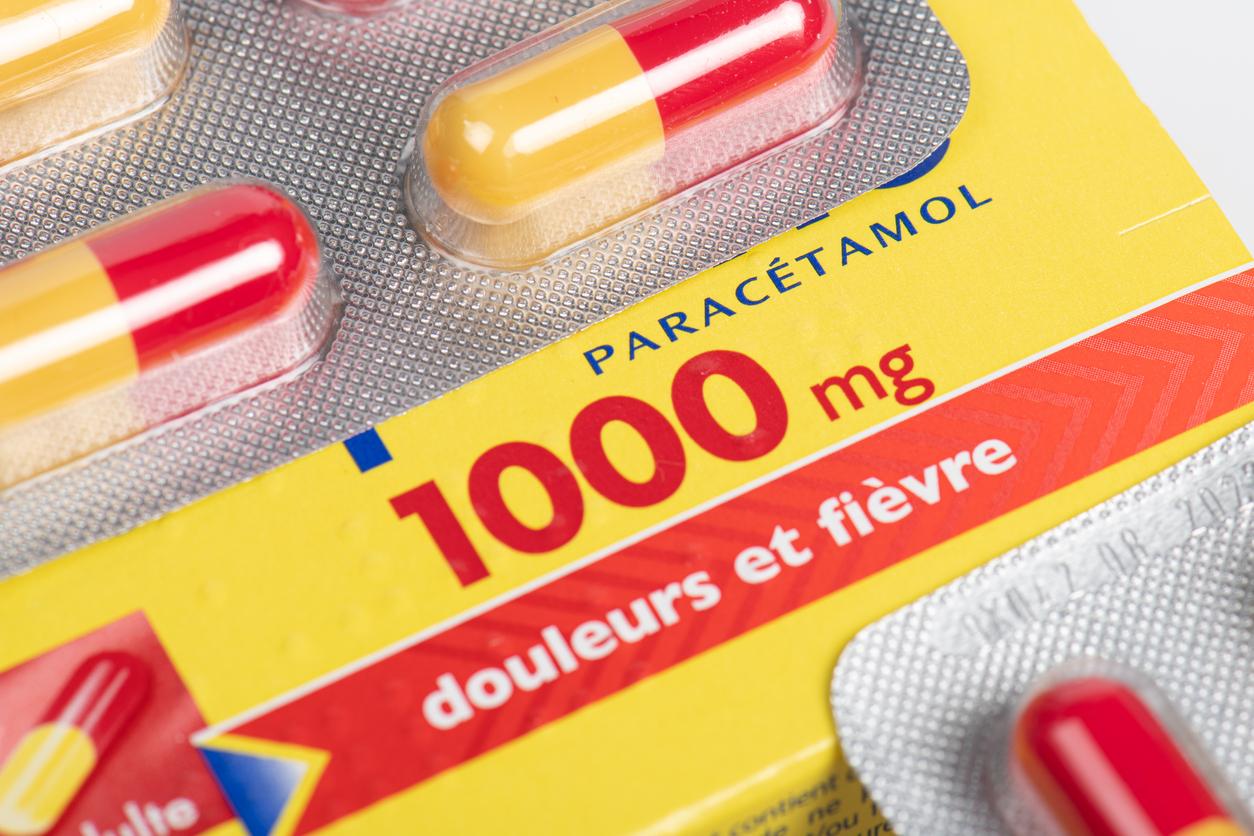A disorder well known to mountaineers, altitude sickness can be fatal. To prevent it, paracetamol seems to be as effective as ibuprofen.

If you are planning a trek in the Atlas or Nepal this summer, do not forget to bring a box of paracetamol. It could be very useful to you in case of “acute mountain sickness”, reports a study published in Wilderness & Environmental Medicine.
At least one in three climbers experience altitude sickness. Although it is generally limited to headaches, nausea or dizziness, this disorder, which occurs without warning, in 2% of cases causes pulmonary edema, a stroke, a coma, and even death. These severe cases mostly occur around 4,000 or 5,000 meters. And even seasoned climbers can suffer from it.
“The best prevention for acute mountain sickness is a slow rise,” explains the work manager, Dr Buddha Basnyat of the University of Oxford (UK). However, acclimatization to altitude may be ignored or deemed impractical by local populations, hikers, rescue teams or military personnel on mission ”.
Drug prevention
So to guard against it, some take acetazolamide, a diuretic, before departure and during the rise. But this drug has many contraindications and side effects. Others opt for ibuprofen, a nonsteroidal anti-inflammatory drug (NSAID) commonly used for headaches. But here too, the side effects are not trivial.
The Oxford University team therefore set about finding an effective drug with few side effects. They then tested paracetamol, an analgesic whose action is similar to ibuprofen.
Attenuated disorders
To do this, they followed 332 hikers participating in the ascent of Everest. The participants were recruited in Pheriche, a village located at 4,371 m, and Dingboche (4,410 m). The researchers suggested that they take 3 tablets of paracetamol per day or of ibuprofen until their arrival at Lobuche (mountain of 4,940 m). Neither the scientists nor the participants knew what medication they were swallowing.
After reaching the summit, volunteers were asked to complete a questionnaire to determine if the effects of the altitude had been felt.
It appears that some hikers have experienced altitude sickness in Lobuche. In contrast, scientists did not find a greater frequency or severity of disorders in either of the two groups. “The results of this study suggest that there is no significant difference between doliprane or ibuprofen used for prophylaxis,” says Dr Basnyat. In other words: paracetamol is as effective as the anti-inflammatory.
The researchers stress, however, that the work deserves to be continued to specify the use of this drug in the prevention of mountain sickness. They will also provide a better understanding of the mechanism of action of this molecule.
.
















